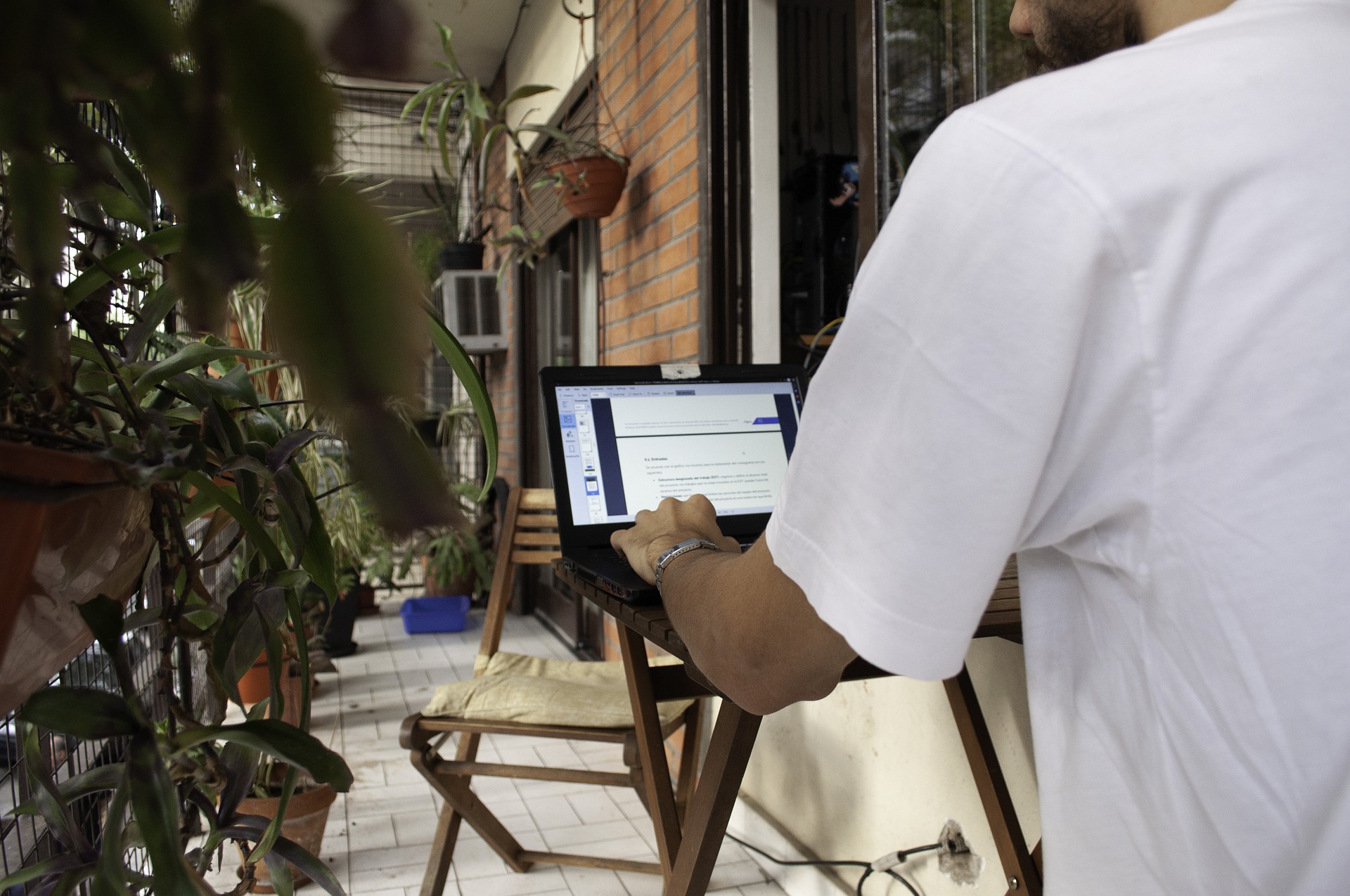
Tamaki Makaurau – Millions of people have left their jobs in search of more fulfilling roles with greater flexibility. It’s been called the Great Reshuffle.
The ability to work remotely is highly valued among employees, many of whom want to retain that flexibility once the pandemic ends.
High job vacancies mean that pay, benefits and flexibility are becoming differentiating factors for employers.
It started off as the Great Resignation – swathes of workers inspired, or driven, by lockdowns to quit their jobs, according to the World Economic Forum.
Now this job market trend has morphed into something more nuanced. Following a period of unprecedented uncertainty and disruption, millions of workers are leaving their jobs in search of roles with a better work-life balance and a workplace more aligned with their values.
It’s been dubbed the Great Reshuffle, and it’s shaking up the labour market. As initial lockdowns lifted and life became more normal, a large number of people chose to leave their jobs.
But it is becoming clearer that rather than resigning from work altogether, many employees are actually leaving in search of something more fulfilling and better suited to their values and life choices.
As per The Great Reshuffle, many have set up their own businesses, while others have sought better-paid, more flexible employment, or changed career altogether.
People are finding jobs that give them the right pay, benefits and work arrangements in the longer term, associate professor Anthony Klotz at Texas A&M University says. There is a greater ability for people to fit work into their lives, instead of having lives that squeeze into their work.
According to Microsoft’s 2021 Work Trend Index, a survey covering more than 30,000 people in 31 countries, more than two-fifths of people are considering leaving their employer in the next year. And flexibility and hybrid work opportunities have become a deciding factor for many.
In fact, remote working opportunities posted on LinkedIn have increased fivefold since pre-pandemic times.
Nearly nine in 10 people who have been working remotely during the pandemic want the opportunity to work from home at least one day a week post-pandemic, according to a survey of workers by insurance company Prudential.
Career growth is another major concern for those seeking new opportunities, many of whom feel their progression has stalled since covid began. Nearly 40 percent of staff think the pandemic has caused a setback in their career.
With vacancy levels high, employers are already recognizing the need to react when it comes, not just to recruitment, but to retention. Along with pay and benefits, flexibility is increasingly becoming a differentiating factor.
Gen Z employees, those 24 and younger, and who are most likely to be in entry-level roles have quit recreation, travel and retail positions in far higher numbers than other age groups.

